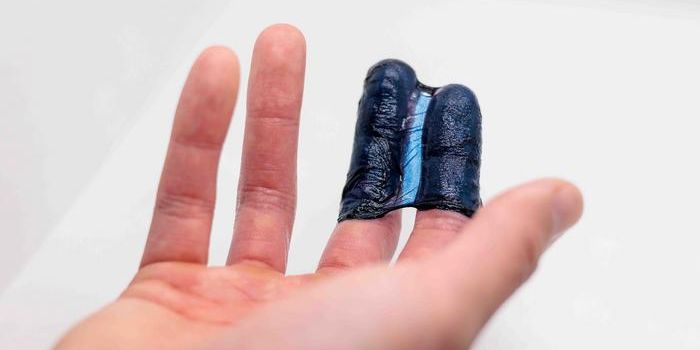Drug for Osteoporosis Linked to Increased Risk of Adverse Cardiovascular Events
In a recent study done by Jonas Bovijn, MBChB, MSc, DLSHTM, of the Big Data Institute at the University of Oxford’s Li Ka Shing Centre for Health Information and Discovery, et al, a drug commonly used to treat osteoporosis, Evenity, showed a risk of adverse cardiovascular events, supporting the U.S. FDA and EMA’s addition of a warning for cardiovascular risk to the Evenity label.
Romosozumab, a drug with the brand name Evenly, is a monoclonal antibody that inhibits sclerostin, where the lack of sclerostin plays a pivotal role in osteoblastic activity and bone formation. Studies showed that recipients of romosozumab in the first year had less new spine fractures, less hip fractures and bone density was higher. In lieu of success, the recent findings in Science Translational Medicine by Jonas Bovijn and colleagues, where they conducted a meta-analysis on trials of romosozumab of published and unpublished data on cardiovascular outcomes, showed that the risk of cardiovascular events increases with the inhibition of sclerostin.
The team also investigated whether genetic variants that mimic the therapeutic inhibition of sclerostin are linked to a higher risk of cardiovascular disease (CVD). The SOST genetic variants were scaled to the equivalent dose of romosozumab, the researchers found the variants resulted in a lower risk of fracture and osteoporosis, comparable to results found with romosozumab. The results also found a higher risk of myocardial infarction, coronary revascularization, and adverse cardiovascular events.
“Our results warrant a rigorous assessment of the effect of romosozumab (and other sclerostin inhibitors in clinical development) on cardiovascular disease and cardiometabolic risk factors,” says Bovijn, et al. “This adds valuable information to whether pharmacological inhibition of sclerostin should be pursued as a therapeutic strategy for the prevention of fracture.”
Sources: Healio.com, Science Translational Medicine, Harvard Health Publishing









